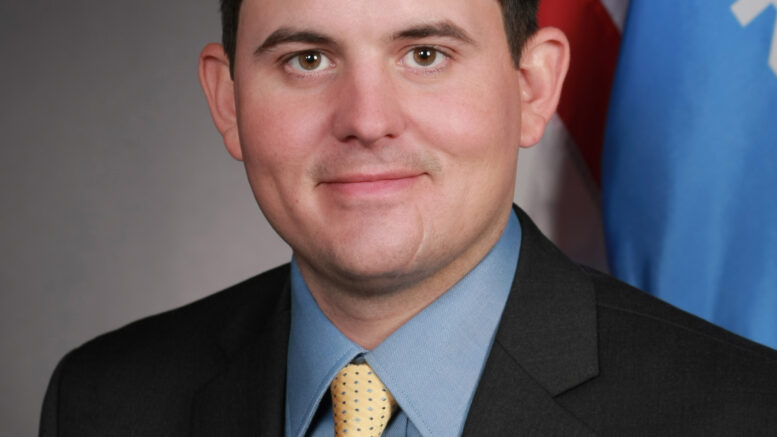The Legislature made it through a major deadline last week.
March 14 was the date by which most bills had to pass out of their chamber of origin to stay alive for the session. Appropriations bills and measures proposed by the speaker of the House or the president pro tem of the Senate can be introduced at any time.
By the deadline, we had passed 422 bills and joint resolutions off the House floor. That was from the 505 measures that advanced from committee and only about a third of the 1,222 pieces of legislation filed for this session.
The House will be receiving a total of 279 Senate bills and joint resolutions to consider before our April 25 deadline for bills from the opposite legislative chamber.
At the same time, we will turn much of our focus to completing our state budget for Fiscal Year 2025, which starts July 1.
Several weeks ago, the Senate held an all-day meeting, publicly vetting proposed budgets for 55 state agencies. The House did this through its Appropriations & Budget subcommittee meetings held throughout February and before session began.
These hearings give committee members a chance to ask in-depth questions of appropriated agencies so we know how money was spent the previous year and the details of what is being requested for the next fiscal year.
According to final revenue certifications from the state Board of Equalization, the Legislature has $13.96 billion to appropriate for Fiscal Year 2025, which starts July 1. This is $1.55 billion, or 12.5% more than for Fiscal Year 2024. As in years past, we likely will not appropriate the full amount.
The Senate has said they will start negotiations with a budget of $11.6 billion after they remove cash left over from previous fiscal years and in several funds available to the Legislature for appropriations.
These negotiations between House and Senate leadership likely will continue through the rest of session until a final budget is agreed upon before we adjourn sine die.
One of the measures we passed last week is House Bill 3542, which places the Oklahoma Fusion Center under a board of directors comprised of various law enforcement board members, including from tribal entities. Putting this in statute will allow the Legislature to give this center the oversight it deserves and will help with cooperation between state, county and local law enforcement agencies.
The Fusion Center was established with a grant after 9-11 as a way to allow sharing of counter-intelligence threats from the federal government to various state law enforcement agencies. The Fusion Center does not collect the information, but rather serves as a clearinghouse for disseminating information on credible threats to Oklahomans. I worked with a number of law enforcement officers and entities across the state to draft the language in this bill and believe this will strengthen the work of law enforcement going forward.
As always, if you have concerns about bills, or problems I can assist you in solving, please reach out to me at john.pfeiffer@okhouse.gov or call my office at 405-557-7332.




Be the first to comment on "Rep. Pfeiffer: Deadline week"